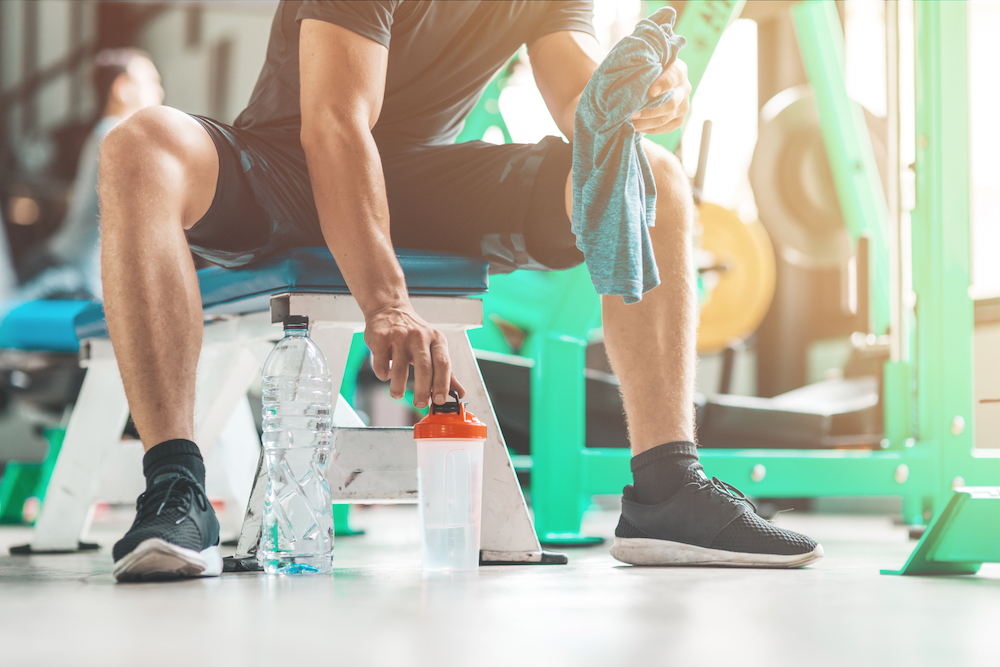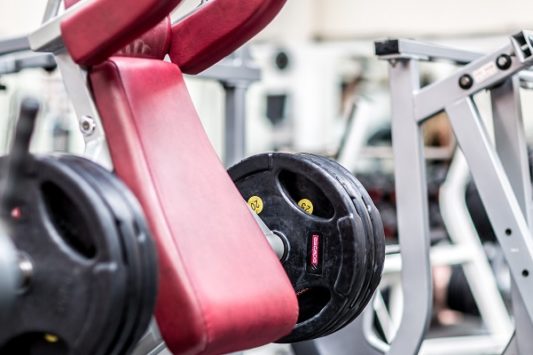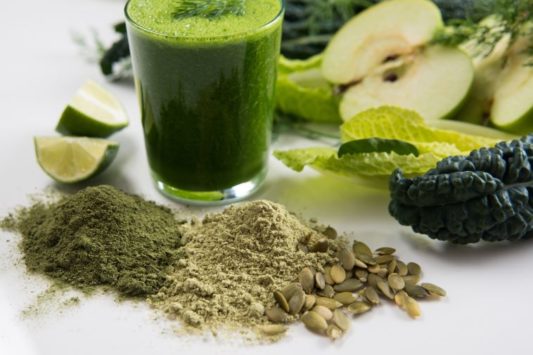With the increase in raw materials becoming available to build your own bespoke supplements, creating a personalised product to meet your nutritional needs is completely possible. This is especially true with pre-workout supplements. It’s likely people will be looking for different things when it comes to pre-workout – for example, something which is more stimulant heavy, or something more focused around pump. Alternatively, you may be more focused on endurance or strength – so you may want to make your own pre-workout to your needs and your activity.
HOW TO MAKE YOUR OWN PRE-WORKOUT
Here is your guide to key ingredients, the amounts you should take and when to take them to get the best possible benefit from your pre-workout.
Pre-workouts can loosely be put into two categories either stimulant or non-stimulant based. Typically, stimulant based pre-workouts are designed to increase alertness and mental focus, whereas non-stimulant are typically designed to increase performance or muscle pump. It is possible to take an all-in-one approach but the option to chop and change depending on your needs that day is what makes personalised supplements great.
We break down ingredients into different categories to help you decide which will work better with which… starting with those that affect cognition.
CAFFEINE
The most popular supplement, with good reason, here is caffeine. Caffeine can help increase mental alertness and also act as a stimulant. Its stimulant effects tend to be over shorter periods, so cycling caffeine is often required to get the ‘buzz’. Doses of up to 200mg are shown to be effective in boosting mental focus, however always start at a lower dose to assess tolerance1. Caffeine has a very quick effect on the body so should be taken at 15-30 minutes before exercise to ‘peak’ at the right time.
CHOLINE BITARTRATE
Caffeine goes really well with other supplements such as Choline Bitartrate, a precursor to a key neurotransmitter acetylcholine. Increasing levels of acetylcholine may help support mental performance, great those who are looking to optimise their focus in the gym. Choline should be taken at around 1g per day to elevate neurotransmitter levels, over 3-4 doses. Like caffeine, it is important to start with lower doses of around 100mg per day and build-up to assess tolerance as it can cause headaches2.
CITRULLINE MALATE
In terms of “muscle pump” we have a few different options including citrulline malate, Trimethylglycine (TMG) and Glycerol Monostearate. Citrulline malate is converted into arginine in the liver which is the key amino acid in the production of nitric oxide (NO). NO is an important as it increases blood flow to the muscles, increasing muscle pump. To optimise pump Citrulline can be taken at doses of up to 8-10g around one hour before exercise3.
TMG
TMG (also known as betaine) helps to promote cellular hydration and this has been linked to improved performance and has also been touted as increasing muscle pump. The recommended dose is 3-6 g daily split into two doses4. Although this wouldn’t technically make it a pre-workout, much like beta-alanine (see below), it is not so much the timing of this supplement but providing the body with enough of it over time.
GLYCEROL MONOSTEARATE
Glycerol monostearate has the capacity to increase water levels in the cell, leading to increased hydration and potentially better performance at doses of 5g taken with water, one hour before exercise.
BETA-ALANINE
Beta-alanine is a well-researched and works through buffering hydrogen ions accumulated during high intensity exercise. Thus it improves performance by preventing a build-up of hydrogen and negates the effects of an increasingly acidic environment. Beta-alanine should be consumed at doses of 3-6g per day, however it is important to remember it can take a good period of time to ‘kick in’, up to a few weeks5.
There is also a common side effect to using beta-alanine, feelings of itchiness, which is harmless but annoying! To prevent ‘itchy’ side effects associated with beta-alanine, it is suggested to split the dose into a few smaller doses over the course of the day.
Another cheap and effective performance booster is bicarbonate, which can be found in an effective form in regular baking powder. This has a more immediate effect than beta-alanine but works in a similar way, to buffer lactate, when taken at a dose of approximately 0.5g per kg of bodyweight around one hour before training.
TIMING
For maximum effect, consider taking supplements at slightly different times due to how quickly they impact on the body.
If combining our more short acting supplements such as caffeine, beta-alanine, bicarbonate and citrulline malate into a single pre-workout blend, aim for around 45 minutes to an hour before a workout. For convenience we could also include some of the other supplements such as TMG as part of the daily required dose in the mix as well.
As mentioned at the beginning, the range of products available, gives you the freedom to personalise your nutrition. Tailor which ingredients you wish to combine to focus on the different aspects relating to your training style, the time you train and the main focus of your sessions. Of the raw ingredients listed, even those that have similar effects, work through slightly different pathways so that each in their own right can be an effective addition to your own pre-workout formula. Allowing you to ensure your own formulations are as effective as possible and flexible to your changing needs.
References
1: Lorist and Tops, (2003) Caffeine, fatigue, and cognition.
2: Penry and Manore, (2008) Choline: an important micronutrient for maximal endurance-exercise performance?
3: Perez-Guisado and Jakeman, (2010) Citrulline malate enhances athletic anaerobic performance and relieves muscle soreness.
4: Lee et al., (2010) Ergogenic effects of betaine supplementation on strength and power performance.
5: Artioli et al., (2010) Role of beta-alanine supplementation on muscle carnosine and exercise performance.









